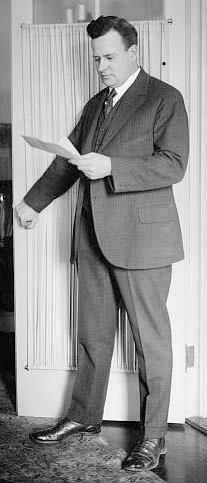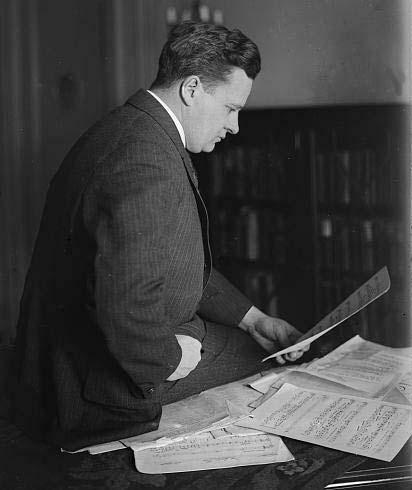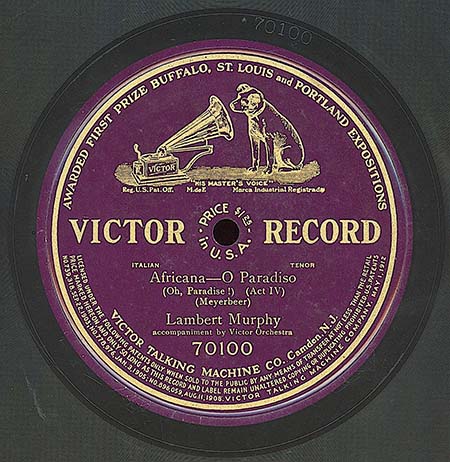While studying at Harvard University, Murphy took also voice lessons in Boston. Once he had absolved both studies in 1908, he decided for
music, and was employed as a soloist in several churches in Boston and other places in Massachusetts. In 1910, he moved to New York, and
accepted a position at St. Bartholomew's Episcopal Church in Manhattan.
After further vocal studies, he was engaged by the Metropolitan Opera in 1911, but sang only small parts there, the largest being Froh,
and Sailor and Shepherd in Tristan und Isolde. He left the Met after two and a half years, in spring 1914.
He would never sing on the operatic stage again. He became a well-reputed concert and oratorio singer, and a popular recording artist for
Victor; he was also first tenor of the Orpheus Quartet (with Harry Macdonough, Reinald Werrenrath and William F. Hooley). He concluded his
career at the Brick Presbyterian Church in New York.
During WWII, he underwent serious throat surgery, which put an end to his singing career and also to his voice teaching activity that he
had pursued for several years at the Malkin Conservatory in Boston as well as in New Haven and Springfield.
On record, Murphy had sometimes used the pseudonym Raymond Dixon. He died from throat cancer.
Reference 1, reference 2: Kutsch & Riemens, reference 3
I would like to thank Anton Bieber for the Africaine recording and label scan.


